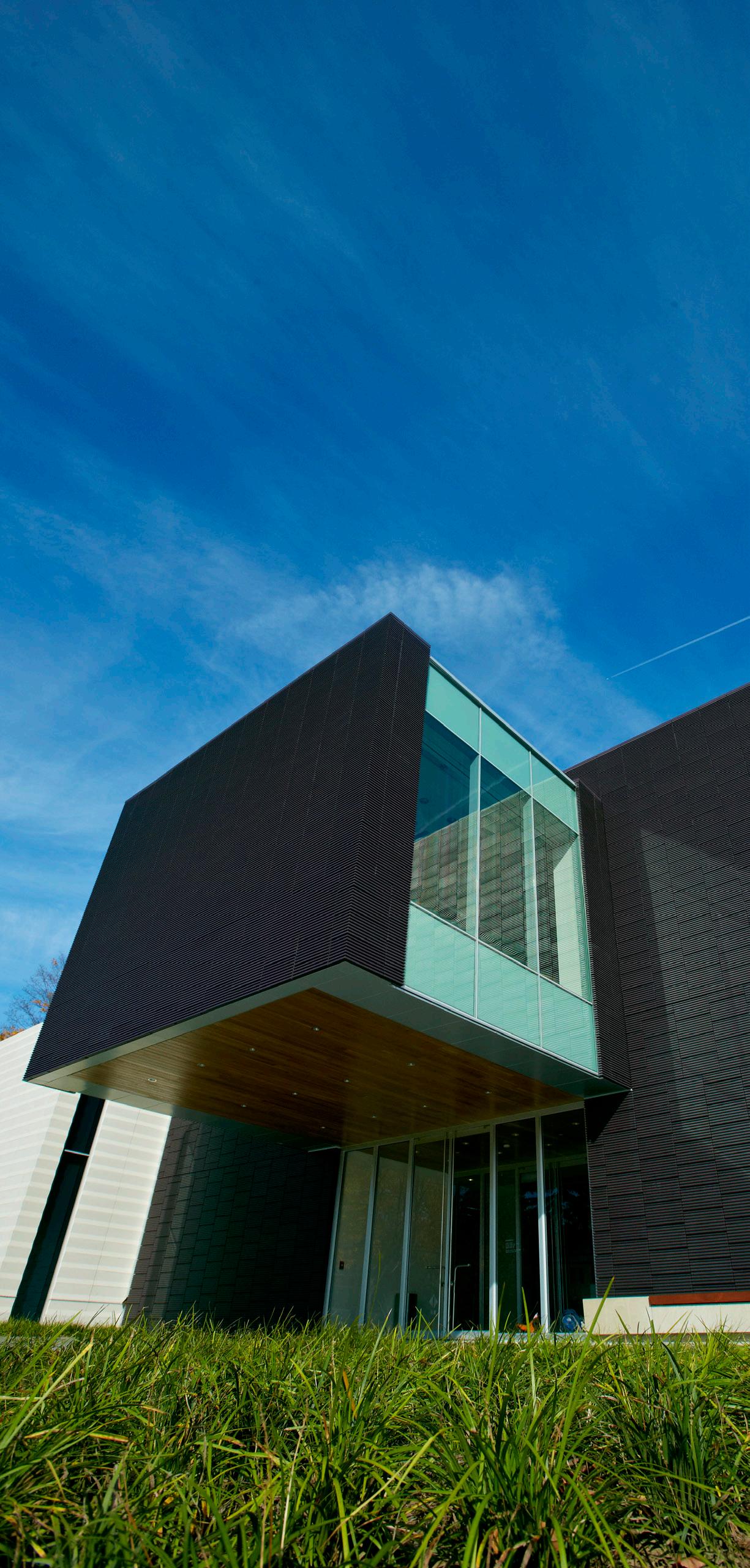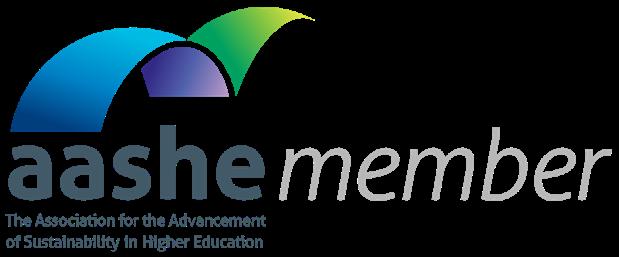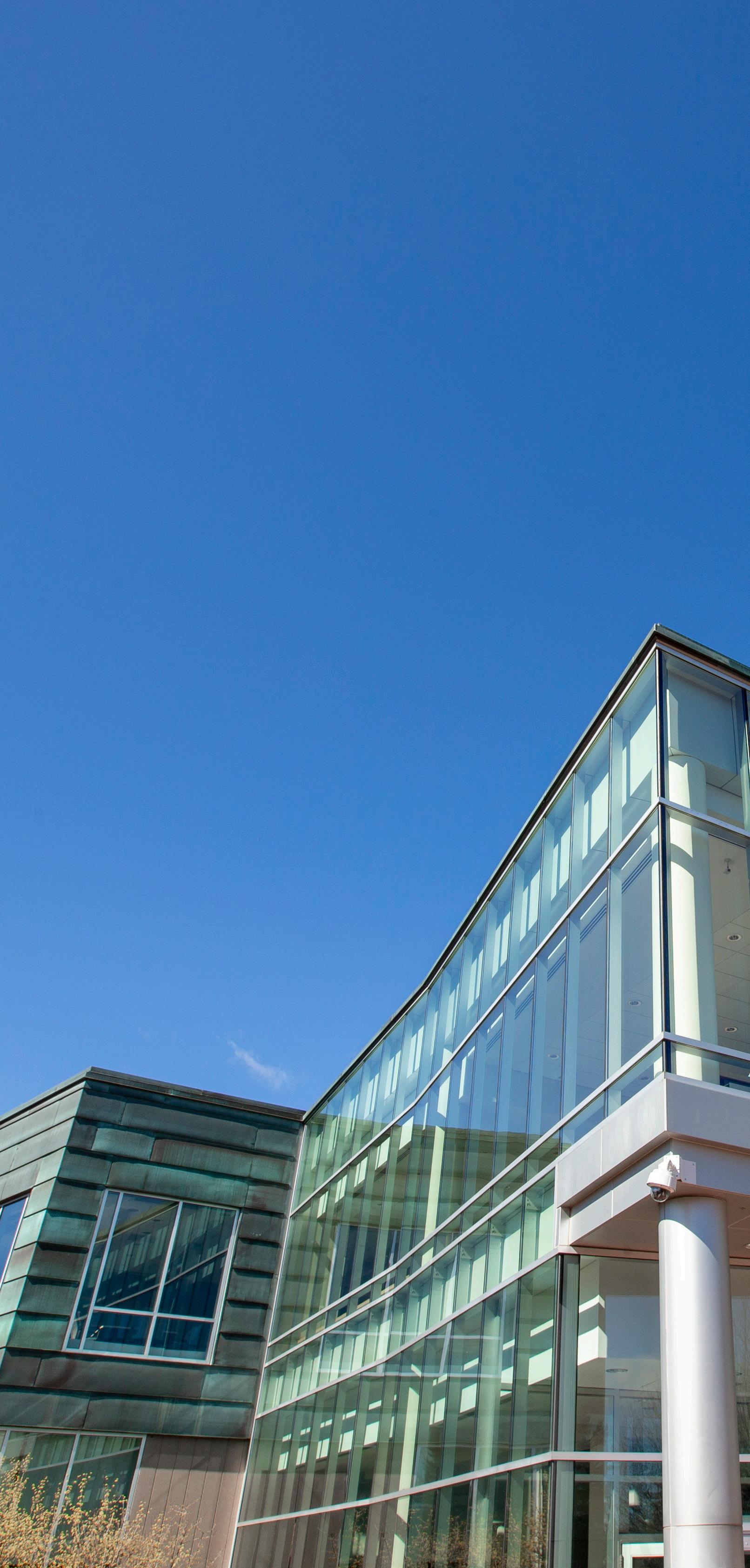
3 minute read
ABOUT THE 2023 SUSTAINABILITY ACTION PLAN
SPRING 2023
Prepared by the Hamilton College Sustainability Working Group
THE HAMILTON COLLEGE Sustainability Working Group was formed in 2019 as an ad hoc working group of administrators, employees, faculty, and students charged with three tasks: updating the 2017 Climate Action Plan and developing a Land and Forest Stewardship Plan and a new Sustainability Action Plan. The charge to create a Sustainability Action Plan developed out of a recognition that sustainability initiatives on campus went beyond greenhouse gas emissions reductions in the Climate Action Plan and beyond plans for sustainably managing our lands and forests, which is addressed in the Land and Forest Stewardship Plan.
The 2023 Sustainability Action Plan outlines concrete steps to advance sustainability in five key areas not addressed by the Climate Action Plan or the Land and Forest Stewardship Plan. Those areas are:
1. Creating a culture of sustainability on campus;
2. Advancing sustainability across the curriculum;
3. Managing our buildings, transportation fleet, and energy use on campus;
4. Managing food and waste on campus; and
5. Making purchasing and procurement more sustainable at Hamilton.
In each of these sections, the Sustainability Action Plan identifies key current needs, near-term actions that can be taken in the next three years (2023-25), and longer-term strategic actions to plan for 2026-30. The Sustainability Action Plan will be updated every five years, with the next plan coming in 2027 at the same time as the next Climate Action Plan.
Section I
Sustainability Mission, Vision, and Principles
HAMILTON IS COMMITTED to advancing environmental sustainability and carbon neutrality through education and action. We pursue this commitment with a focus on balancing the needs of current and future generations and according to the following sustainability principles. At Hamilton, we will:
Advance efforts by faculty, students, and staff to implement sustainable practices and expand our culture of sustainability across campus through curriculum, programs, and research.
Elevate awareness of sustainability issues and work with students to contribute to the advancement of a sustainable society.
Assess the environmental impacts and sustainability implications of College operations and programs and make decisions that are guided by and seek to minimize those impacts.

Partner with local communities to advance sustainability practices and conserve and steward our natural resources.
Recognize the disproportionate impacts of environmental harm and climate change on communities of color and the most vulnerable.
Section Ii
Specific Sustainability Targets and Goals

Carbon Neutral By 2030
To demonstrate fulfillment of principle for training the next generation to address the climate crisis and to fulfill Hamilton’s Carbon Commitment, in March of 2022 the Board of Trustees endorsed a resolution directing the College to advance its carbon neutrality target date from 2050 to 2030.
90% WASTE REDUCTION BY 2030
To demonstrate the principle of implementing sustainable practices on campus and advancing a sustainable society, Hamilton will aim to reduce its solid waste sent to landfills by 90% by 2030 as compared to the 2007 baseline.
Aashe Stars Silver By 2030
To demonstrate fulfillment of the principle of building a culture of sustainability across campus, Hamilton will aim to achieve an Association for the Advancement of Sustainability in Higher Education Sustainability Tracking and Rating reporter status by 2027.

Section Iii
History of Sustainability at Hamilton and the Sustainability Working Group

Emergence
Hamilton’s rich history of environmentally progressive planning and decision-making predates the United Nations’ 1987 Brundtland Commission that defined sustainable development as “meeting the needs of the present without compromising the ability of future generations to meet their own needs.” However, the late 1980s through the mid-2000s marked the initiation of a more formal posture on sustainability (i.e. Emergence Phase) at Hamilton, academically through the creation of the Environmental Studies minor in 1993 and operationally through a heavy focus on solid waste and land management. This phase culminated with the decisions to both expand the Environmental Studies Program to a concentration in 2005 and then-President Joan Hinde Stewart committing Hamilton to a carbon neutral future.
Integration
Between 2008 and 2022, Hamilton made a great many sustainability strides, including:
• Inside the classroom, the Environmental Studies Program grew in majors, participating faculty (including tenure-track lines), and expanded research;
• Outside the classroom, experiential learning grew through the Sustainability Office, summer internships, and the Hamilton Sustainability Coordinators (HSC); and
• A number of new construction/renovation projects brought increased efficiency and renewable energy attributes to campus.
The Sustainability Working Group was formed in 2019. This group of students, faculty, staff, and trustees collaborate to fully integrate sustainability into how the Hamilton community lives, learns, and works on campus. In 2022, President David Wippman and the Board of Trustees adopted the group’s recommendation to advance Hamilton’s carbon neutrality date from 2050 to 2030. That decision was informed by a 2021 Energy Master Plan and will be implemented through this Sustainability Action Plan (which includes the Climate Action Plan and the Land and Forest Stewardship Plan, each of which will be updated every three years).
Transformation
As we move through implementing these plans from now and following the 2030 carbon neutrality date, we hope to achieve that which has made a Hamilton education an enduring and itself a sustainable legacy for 210 years and counting: the transformation of the minds of all who work and learn on College Hill, enabling and empowering the community with the tools necessary to combat climate change locally and globally.




